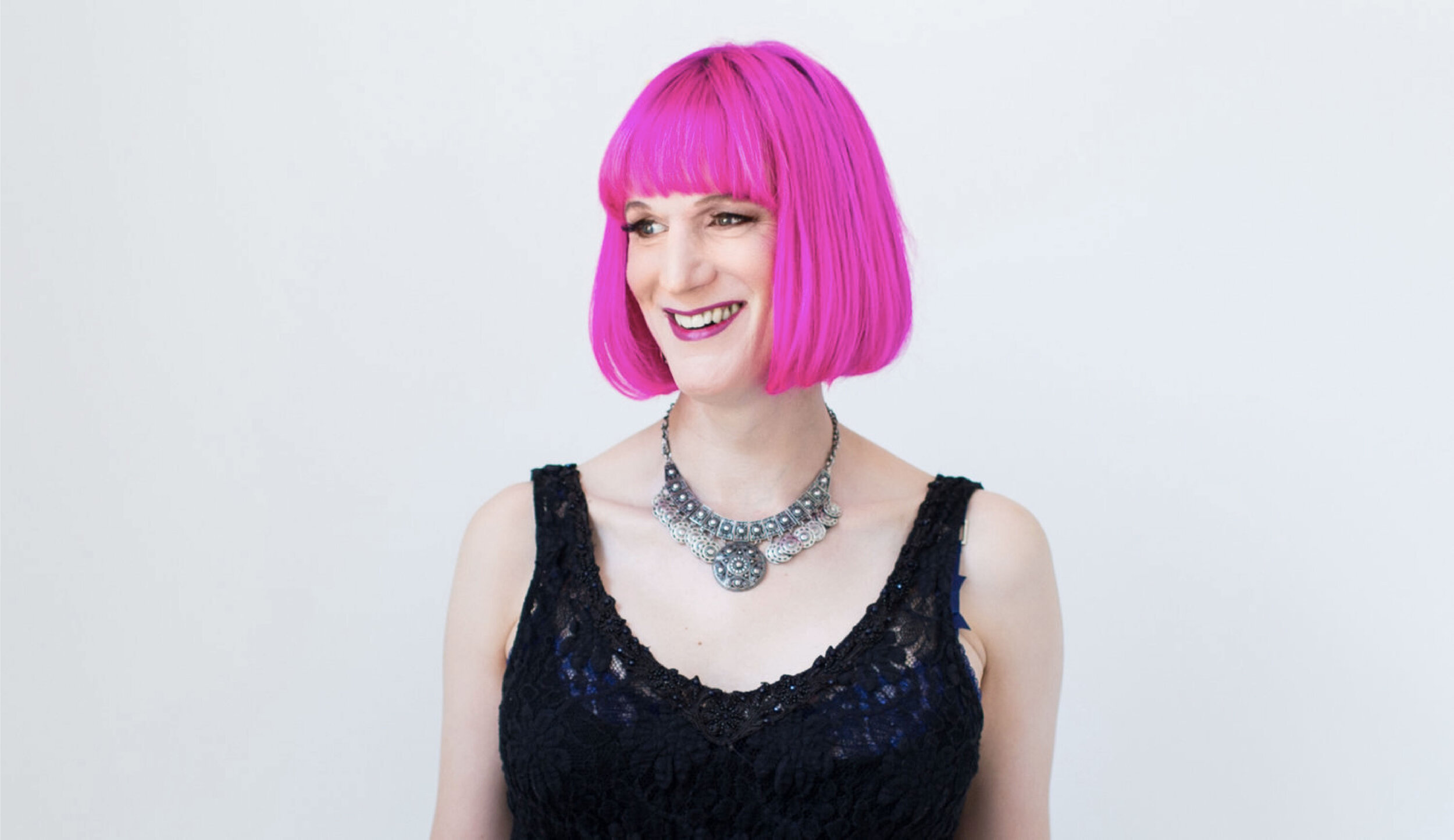
by Michele Kirichanskaya | Jul 30, 2023 | Blog
Charlie Jane Anders is the author of Victories Greater Than Death, the first book in the young-adult Unstoppable trilogy, along with the short story collection Even Greater Mistakes. Her other books include The City in the Middle of the...
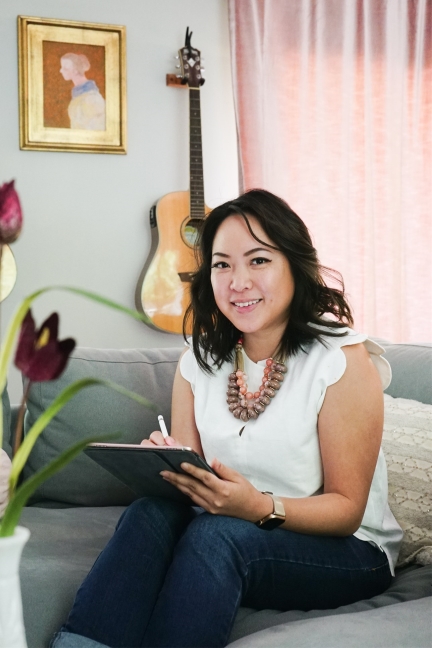
by Michele Kirichanskaya | Jul 29, 2023 | Blog
Victoria Ying is a critically acclaimed author and artist living in Los Angeles. She started her career in the arts by falling in love with comic books, this eventually turned into a career working in animation and graphic novels. She loves Japanese Curry, putting...
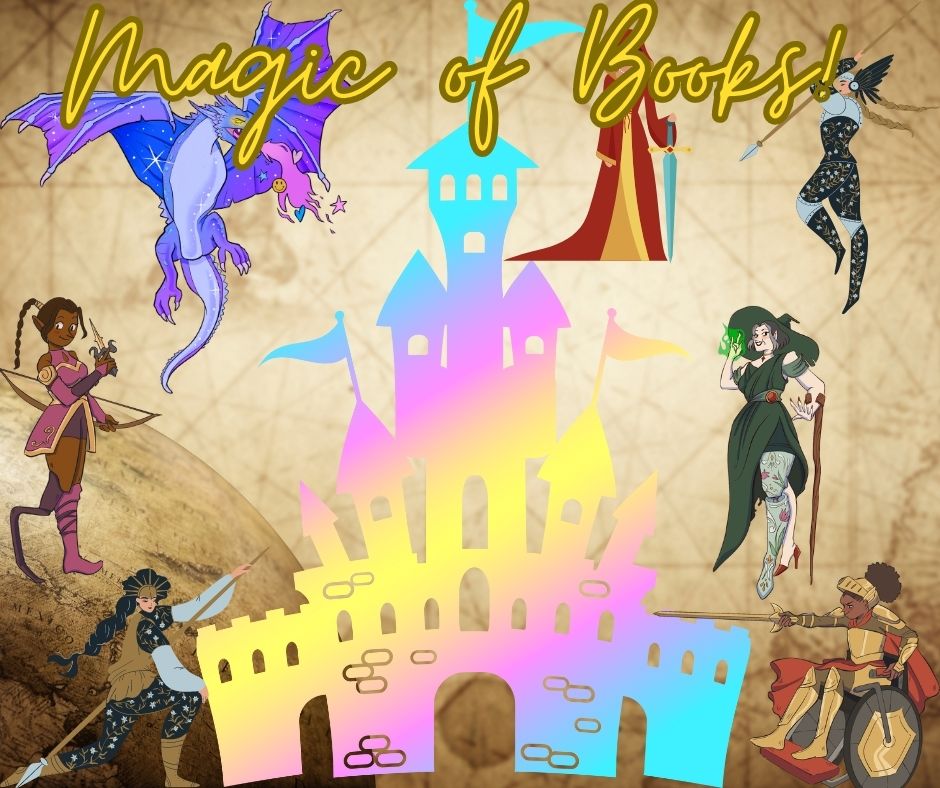
by Alexa Goodrich-Houska (she/they) | Jul 28, 2023 | Blog
Sapphic Adventurers Unite! Busy Geek Breakdown (TL;DR): Read these books for some Sapphic Fantasy (Supernatural) Realness! Gideon the Ninth- Tamsyn Muir; Hench – Natalie Z. Walschots; Empress of Salt and Fortune – Nghi Vo; Valiant Ladies – Melissa...
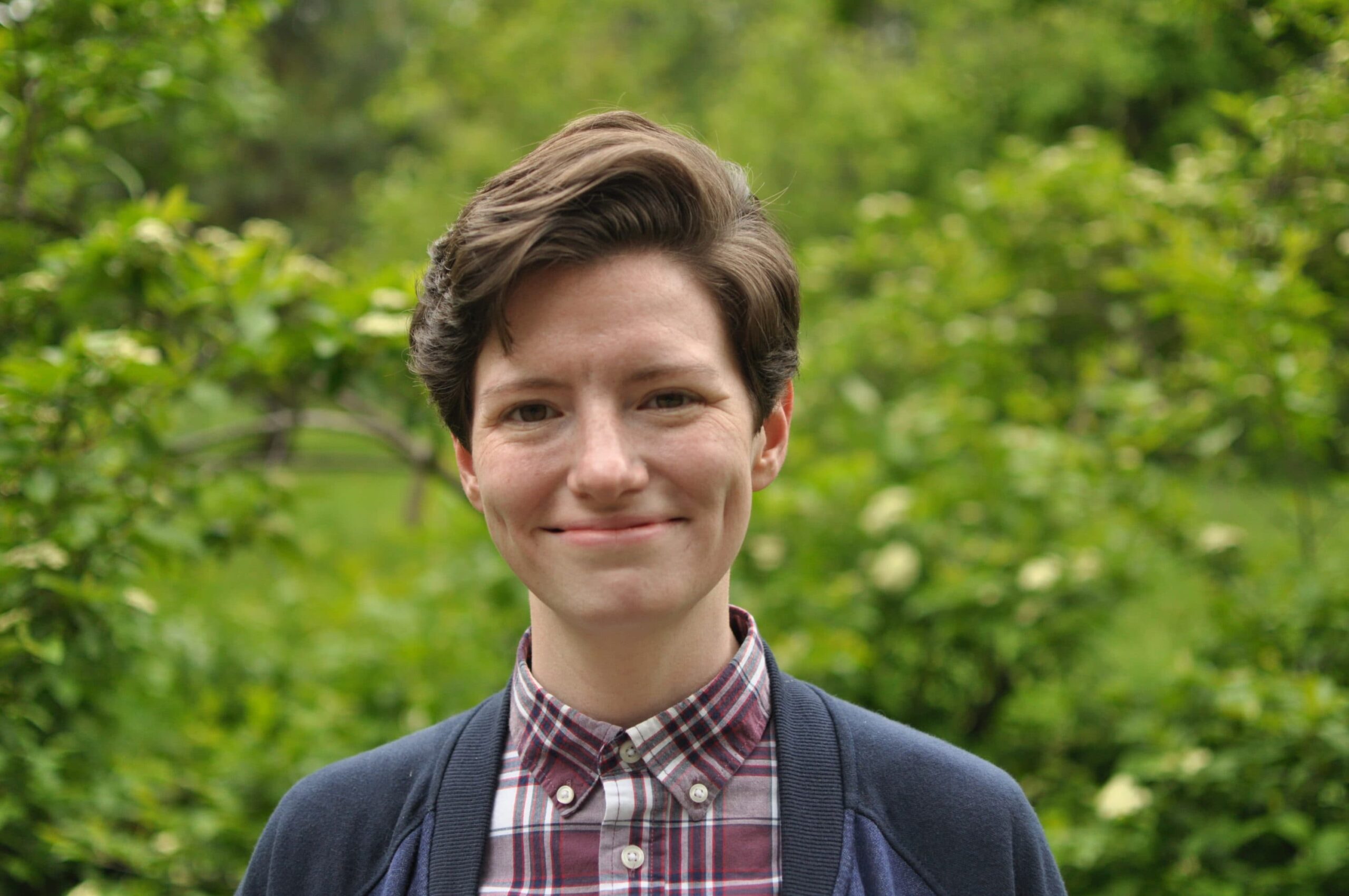
by Michele Kirichanskaya | Jul 26, 2023 | Blog
Lin Thompson (they/them) is a queer author of books for middle-grade readers. Lin grew up playing pretend games in the backyard and basement of their home in Kentucky. Now they get to write pretend stories in the backyard and basement of their home in Des Moines, IA,...
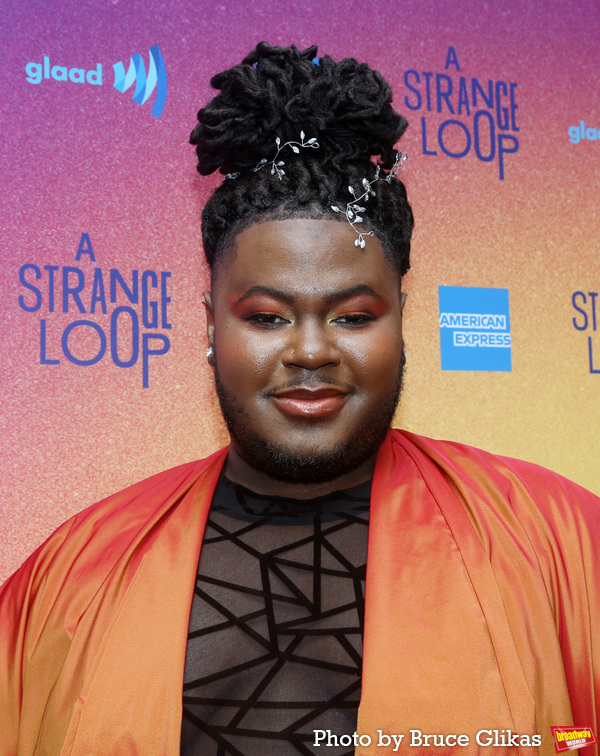
by Rebelle Summers | Jul 24, 2023 | Blog
A Strange Loop, the Pulitzer Prize and Tony Award-winning musical by Michael R. Jackson has leapt across the pond for a limited run on the West End. On a drizzly and overcast London evening, I got to sit on a Zoom with the show’s star, the lovely and soft-spoken Kyle...






